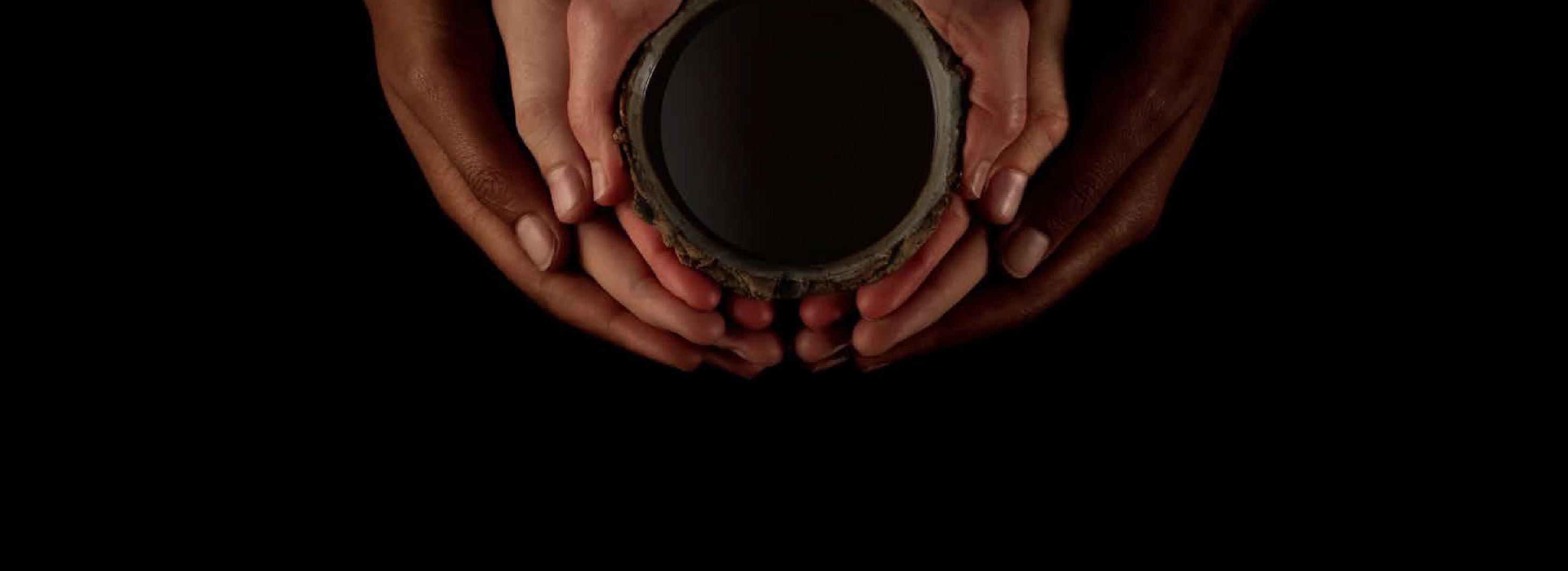Is ayahuasca legal in the world? First part of the series about myths and realities of ayahuasca legality. Read the second part here.
1. Ayahuasca is legal in all of South America.
Reality: the status in different countries varies. There are legal vacuums and subtleties in each context.
2. Ayahuasca is considered cultural heritage and therefore is legal.
Reality: false. Cultural heritage and drug legislation and law enforcement are different things. In some countries, such as Peru, ayahuasca is cultural heritage and it is legal. But unlike in those countries where ayahuasca is indigenous, in most countries ayahuasca is not recognized as a cultural heritage.
3. Online sites that sell ayahuasca are legal or else they would not be selling it.
Reality: false. Some online retailers have commercialized the sale of B. caapi and P. viridis (the two plants that are used to make ayahuasca). The Deep Web may also be an online source for ayahuasca. Depending on the country, there may be some ambiguity about the legal status of selling or buying ayahuasca. While there may be a risk for the seller, the recipient can also face investigation or arrest. It is important to note that what matters is the legal status of ayahuasca in the country where the package is received.
4. If your church or group is legal, you can import and export ayahuasca legally.
Reality: false. Consumption and import/export are different things, controlled by different laws. Even when personal use of controlled substances is decriminalized, importing those same substances can result in criminal prosecution for international drug trafficking. For example, Santo Daime and UDV can legally consume ayahuasca in some countries, yet still face legal challenges importing it.
5. A group is legal because it has a site, and their ceremonies are available on Facebook. If it were not legal, it would not be available on line. If they were illegal, they would already have been arrested.
Reality: false. People conducting ceremonies in countries where ayahuasca is illegal to consume should be aware that they would be seen as violating the law. They might get arrested in the future.
6. If one country allows exportation of ayahuasca, others will allow importation.
Reality: false. For example, a branch of the Santo Daime in Canada was notified it might receive legal permission in principle to import ayahuasca from Brazil, but the Brazilian government did not issue so far an official license to export it. Both importation and exportation must be legal. Under international trade law and drug control agreements both states—importer and exporter—must approve the transfer of the ayahuasca brew between them.
7. Ayahuasca is not a “drug”.
Reality: whereas the word “drug” is highly problematic because of its political connotation (referring to to substances who use may lead to addiction or dependence, and that frequently imply in moral deviation), as far as the current international biomedical terminology ayahuasca would fit into this category because of its psychoactive effects. Ayahuasca is a controlled substance in many countries (France, Canada, among others), and is generally understood by the general public, authorities or mainstream experts, as well as in the framework of the international conventions as a “drug”. However, it is important to note that the reality around ayahuasca use is a whole different story than just being a “drug” purchased and used. It is generally related to a carefully constructed ceremonial setting, and has a long cultural and traditional history. Ayahuasca drinking, as it is emerging from South America in the 21st century, does not fit the ‘classical’ paradigm of the international drug control system.
8. Ayahuasca use is legal in Brazil.
Reality: whereas Brazil has one of the most advanced ayahuasca regulations in the world, only ritual and religious use is allowed. Workshop models, therapeutic and commercial uses have not been affirmed as legal.
9. Ayahuasca has healing properties, therefore it is a medicine.
Reality: while this is true from native points of view, as far as mainstream science this is not yet proven or considered a fact. Nonetheless, the body of positive scientific evidence about ayahuasca and its effects is growing. However when people characterize ayahuasca as a “medicine” they might create additional risks for themselves (as well as prosecution possibilities) as in most countries the practice of medicine without a license is considered a crime.
10. Ayahuasca is considered cultural heritage in Brazil.
Reality: ayahuasca has not been granted the status of cultural heritage in Brazil, although initiatives and discussions around this possibility occurring one day have begun.
11. If you have faith and spiritual alliances, if your intent is good and you are ethical, you will be protected and nothing bad will happen to you.
Reality: whereas this is highly subjective and it is great to have faith, optimism and confidence, we have witnessed several highly respected leaders get arrested. It seems that the logic of law enforcement can be random. On the other hand, law enforcement is organized, even transnationally, in ways hard to understand. Ideas about magical protection unfortunately have not always proven functional in real life.
Categories:
NEWS
, Ayahuasca
, ADF
Tags:
legality
, ayahuasca

